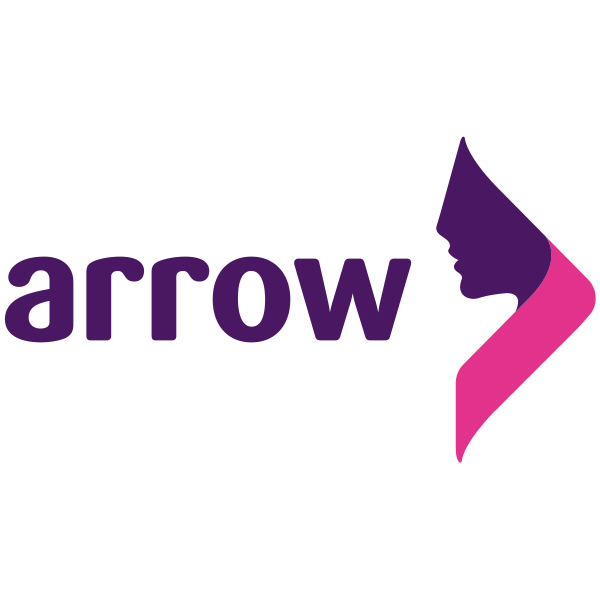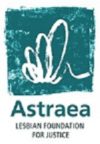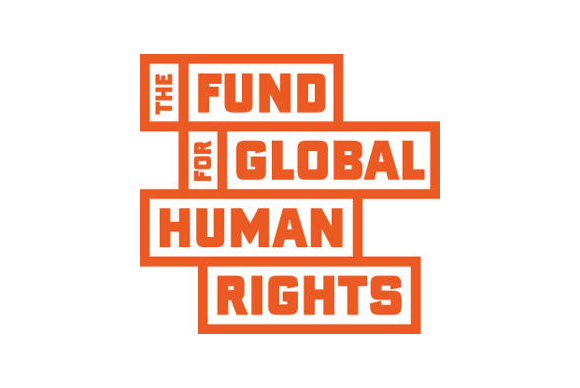Written By: Susie Jolly, Sexuality and Development Programme, Institute of Development Studies
This paper cites GALANG’s report about butch women in the Philippines who struggle to find employment. It argues that people with non-conforming sexualities may be excluded from social and economic participation, or included on adverse terms. People who do not fit gender stereotypes, including LGBT people may face family pressure, bullying in schools, discrimination by health services, rejection by employers, and stigma from the communities which they depend on.
Among urban poor butch and femme couples, it is the femme who is more likely to bring in an income to support them both, as she is better able to find work.
Jobs in shopping malls and retail outlets often require sales ladies to dress in mini-skirts, high heels and make up and butch lesbians find it difficult to conform to these expectations…so either they don’t apply for these positions or are rejected outright by potential employers. Similarly, when they apply for traditionally male positions such as grocery baggers, utility persons and drivers they are often not hired because employers prefer men… (Lim, 2009:5).
Because most economic systems are heteronormative, it is crucial that poverty reduction programmes and policies need to be analysed for heteronormativity, in order to surface the underlying assumptions about relationships and family forms, and to examine if they are excluding certain groups, or reinforcing unequal and oppressive relationships.
Back to Photo Albums





